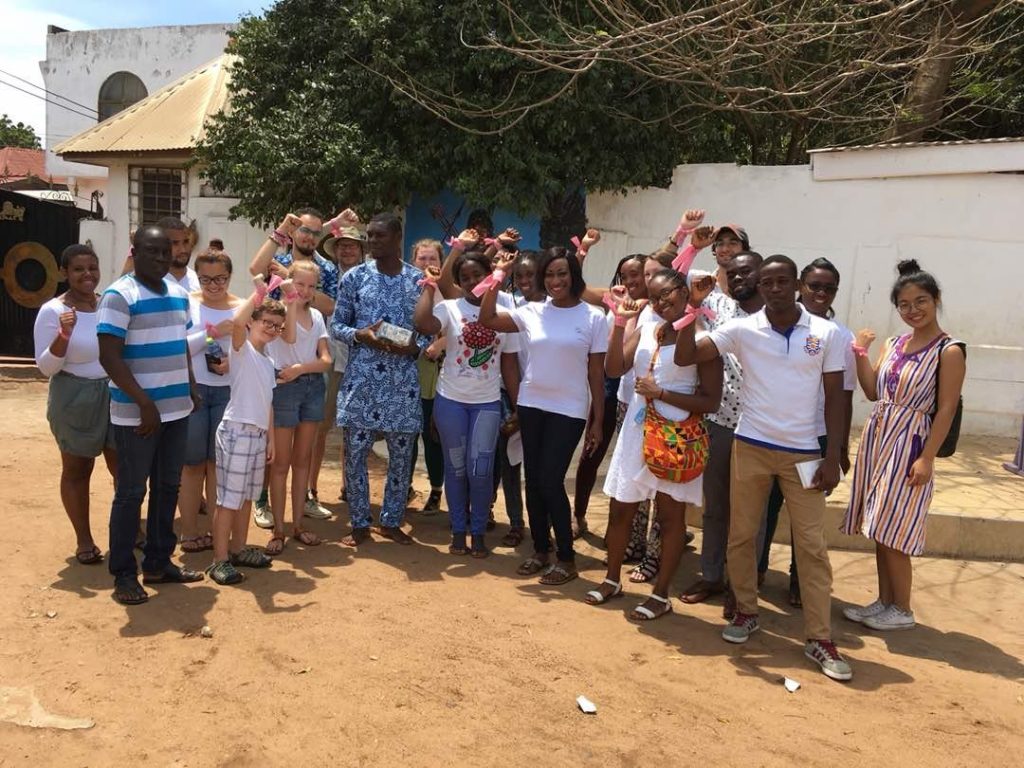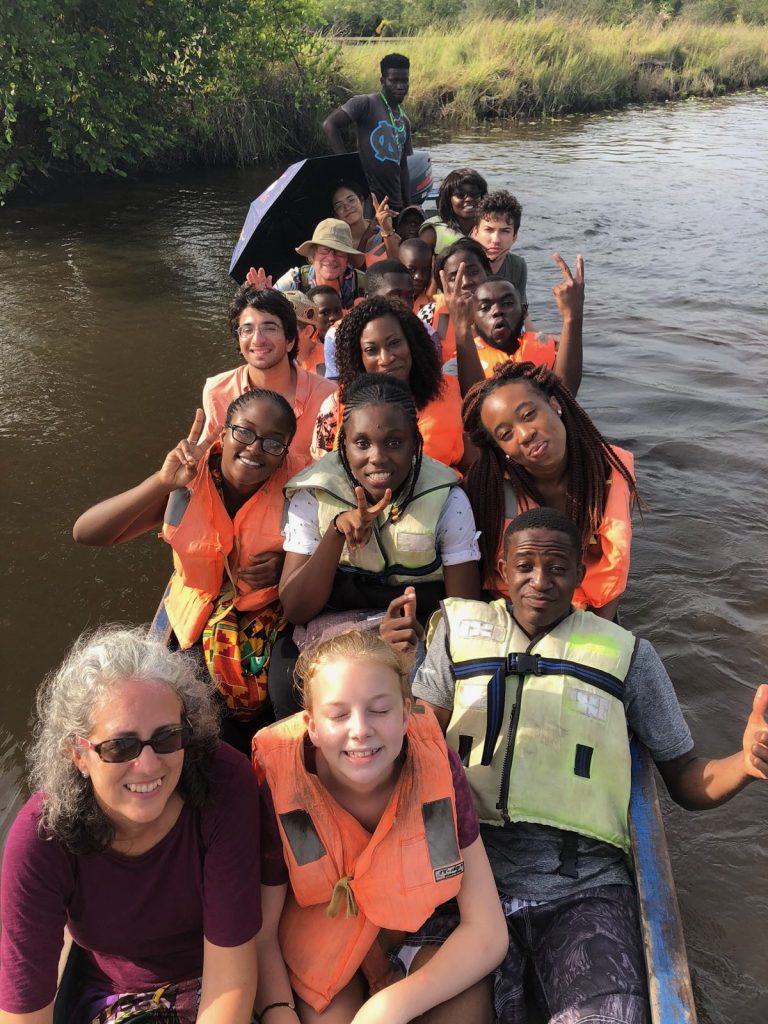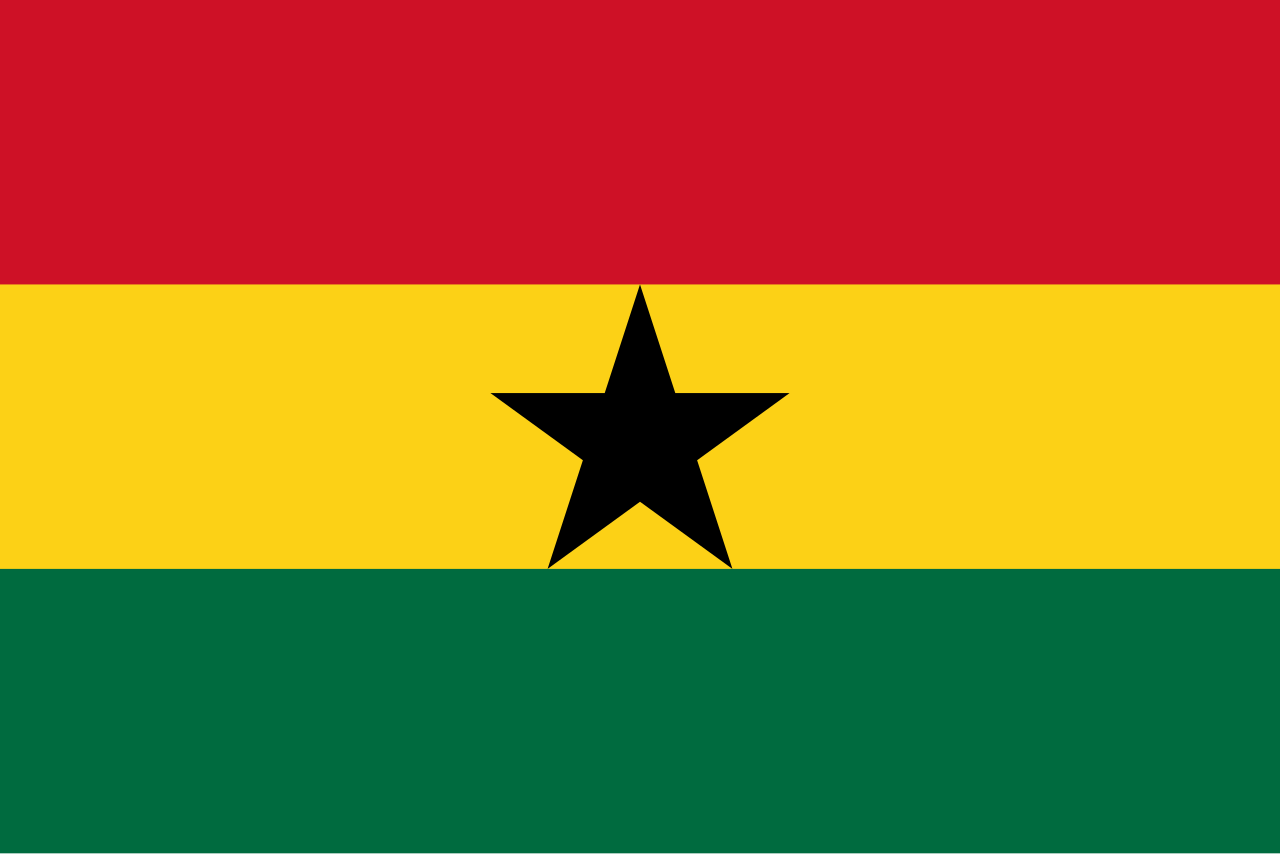This semester I have been working on a Ghana archive for the Griot. The project aims to have two major parts, part one is an archive for the Bucknell in Ghana Program (BIG). Bucknell runs a semester study abroad program in Ghana; it has been running since 2015. I want to document students’ and professors’ experiences from the trip, I have already started interviewing participants this semester, each one always being excited about their time in Ghana. I also hope to include Ghanaian student participants as well, as the Bucknell in Ghana program collaborates with students from the University of Cape Coast (UCC) so they can be a part of the CORE class abroad. As well I would like to reach out to staff from the UCC that helped out with the BIG. The archive will also include photos and videos from Ghana that previous participants took. These photos and videos will help to bring to life the experience that students and staff had there. The last factor that will be added to my BIG archive is documents from the program such as syllabi from previous years, the original draft of the program, letters from when the program was canceled, as well as other documents which will show the history of the program. I plan on digitizing this information and putting it on a website. The website will have an interactive timeline where people can find picture, voice recordings from interviews, and mini blogs. Also, since I am participating in BIG program next semester, I will document some of my own experiences from the program into the archive. The purpose of the BIG archive is to make sure the program is continuously remembered and so that other students who are interested in the program will have a portal to refer to. Also I think the program is such a different experience compared to other Bucknell In Programs, that it deserves documentation.


Part two of the project is researching land and food politics in Ghana and how it relates to food sovereignty. I was inspired by my internship from the summer, which focused on building food sovereignty in black communities by growing food on church land. Because of my experience with this I was curious about how other countries grow their own food and if it creates food sovereignty in food insecure areas. As mentioned before, since I am going to Ghana next semester, I thought Ghana would be a great place to examine this. So far for the land and politics, I have been reading about the history of Ghana land, current events regarding farming, and I have met with professor Janet Adomako who has done research on land in Ghana. This part will have a section on the website, mostly showcasing reflections of things I learned and news clipping from Ghana. Occasionally I hope to have a podcast section on the website where I am discussing food and land.
–Da’Mirah Vinson ’26
